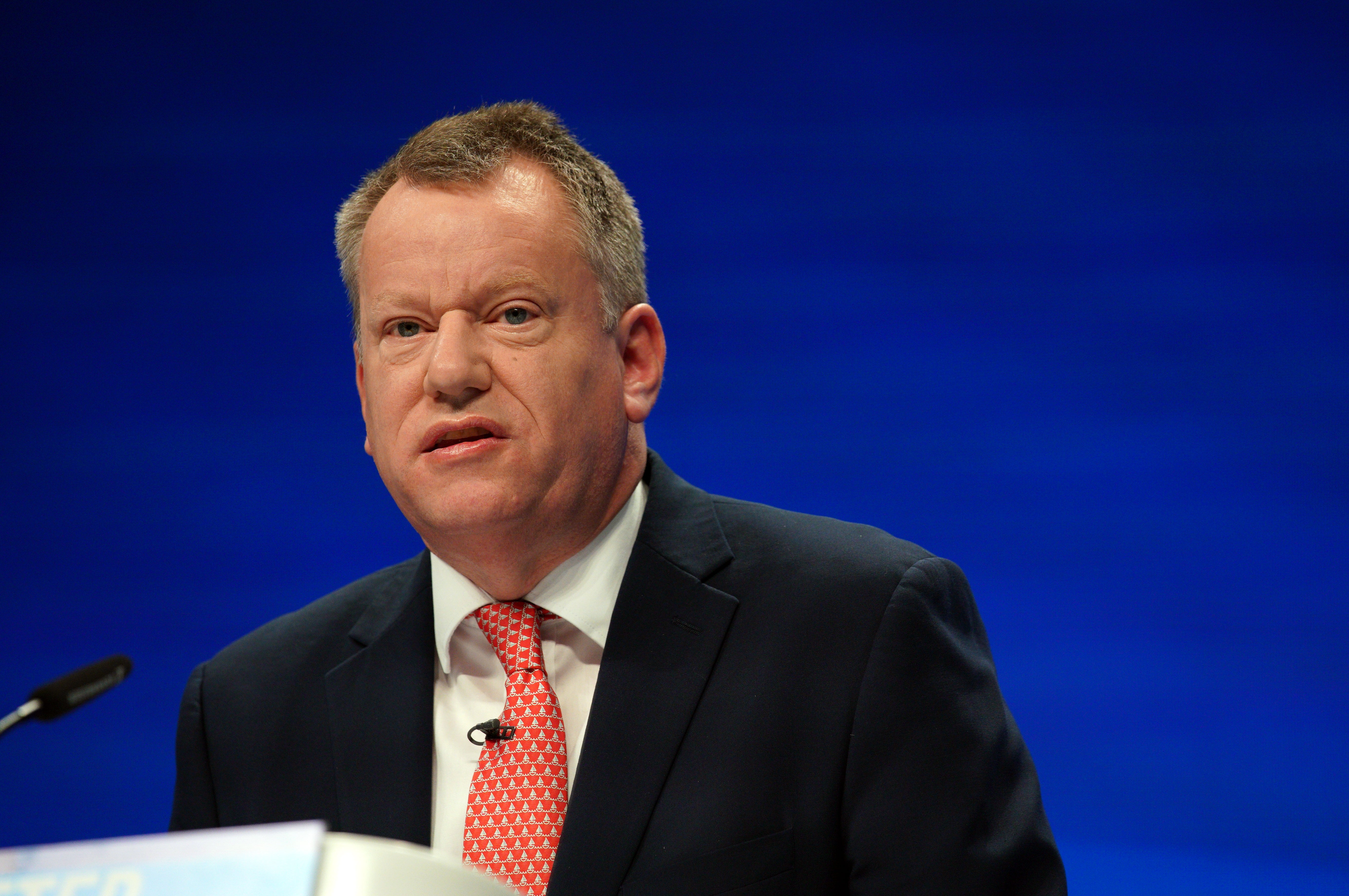Businesses are becoming increasingly frustrated with Brexit – but Frost can’t solve that
Businesses prefer, if they can, to deal with people who shoot straight, and people who are governed by people who shoot straight – Boris Johnson’s Britain doesn’t do that


Your support helps us to tell the story
From reproductive rights to climate change to Big Tech, The Independent is on the ground when the story is developing. Whether it's investigating the financials of Elon Musk's pro-Trump PAC or producing our latest documentary, 'The A Word', which shines a light on the American women fighting for reproductive rights, we know how important it is to parse out the facts from the messaging.
At such a critical moment in US history, we need reporters on the ground. Your donation allows us to keep sending journalists to speak to both sides of the story.
The Independent is trusted by Americans across the entire political spectrum. And unlike many other quality news outlets, we choose not to lock Americans out of our reporting and analysis with paywalls. We believe quality journalism should be available to everyone, paid for by those who can afford it.
Your support makes all the difference.It’s David Frost’s big day out. The unelected Brexit minister has hopped across the channel into enemy territory – that’s what France is in the minds of the Brexity people he pals around with – to talk fishing.
In theory, this is aimed at resolving the damaging spat over licences in a tiny, but nonetheless highly symbolic, sector of the economy. It’s a row that most of us probably have only a dim understanding of, and I include (most) politicians in that.
In practice… put it this way: given the egg Boris Johnson has managed to get all over his face by suspending the sleaze watchdog MPs had previously voted on, and approved, to police their activities – before being forced into an extraordinary U-turn – it wouldn’t be terribly surprising to see Frost huffing and puffing about the perfidy of the dastardly French at the end of an unproductive set of discussions.
The best outcome would clearly be a pragmatic compromise. But cross-channel pragmatism, pragmatism regarding anything to do with Europe, is anathema to the current government at the best of times. Events at Westminster make this anything but that.
There’s really nothing like a continuing a cross-channel punch up to divert people’s attention from scandalous behaviour and sharp practice at ‘Mother of Parliaments’, where Johnson has once again been demonstrating that it’s one rule for him and this mates and one rule for the little people who don’t get £9k-a-month lobbying deals.
What emerges from the talks, bad or less bad, will inevitably be greeted by Britain’s business community with a weary shrug of the shoulders. They’ve become used to this sort of thing by now. They are the supposed beneficiaries of Frost’s tub-thumping in the name of the British interest. Trade is their thing. It’s what they generate and benefit from.
In practice, they’ll end up with the short end of the stick. Businesses prefer, if they can, to deal with people who shoot straight, and people who are governed by people who shoot straight. Boris’s Britain doesn’t do that.
The fishing row, like the one over the Northern Ireland Protocol that Frost is at the centre of, is poisoning a well already full of contaminated water. It is being conducted this way because there is a political benefit from doing so. It generates nice headlines in the Daily Express and cheers from Tory Twitter. But there is a cost, too.
It will be paid for in lost jobs, lost growth, lost prestige, lost trade. With the exception of a small band of EU-hating ideologues, who still exist but aren’t taken terribly seriously, what the business community would desperately like is a period of calm.
There is a widespread recognition that being outside “the biggest possible market with the fewest possible barriers” – that’s part of a now infamous quote of Frost’s hailing the European single market dating from his time as CEO of the Scotch Whisky Association – will inevitably lead to periods of friction. But it would like for it to be minimised as much as possible, as it indeed could be, and for as co-operative relationship as possible to be fostered.
That looks unlikely from a government that behaves like an unruly queue at the Eton tuck shop. So business leaders are stuck with constant diet of conflict and confrontation, which is making their lives extraordinarily difficult. They are left sighing and shaking their heads when their peers from around the world ask why a few small French boats have become as explosive as a defence contractor’s latest product innovation.
They’re starting to realise that when Boris Johnson said “f- business” it was no ‘off the cuff’ comment. He meant it. Their influence with a party they used to think of as their own is now not that much greater than that of the unions.
How Britain’s capitalist kingpins respond to this will be one of the more interesting developments to watch over the coming years.
Join our commenting forum
Join thought-provoking conversations, follow other Independent readers and see their replies
Comments